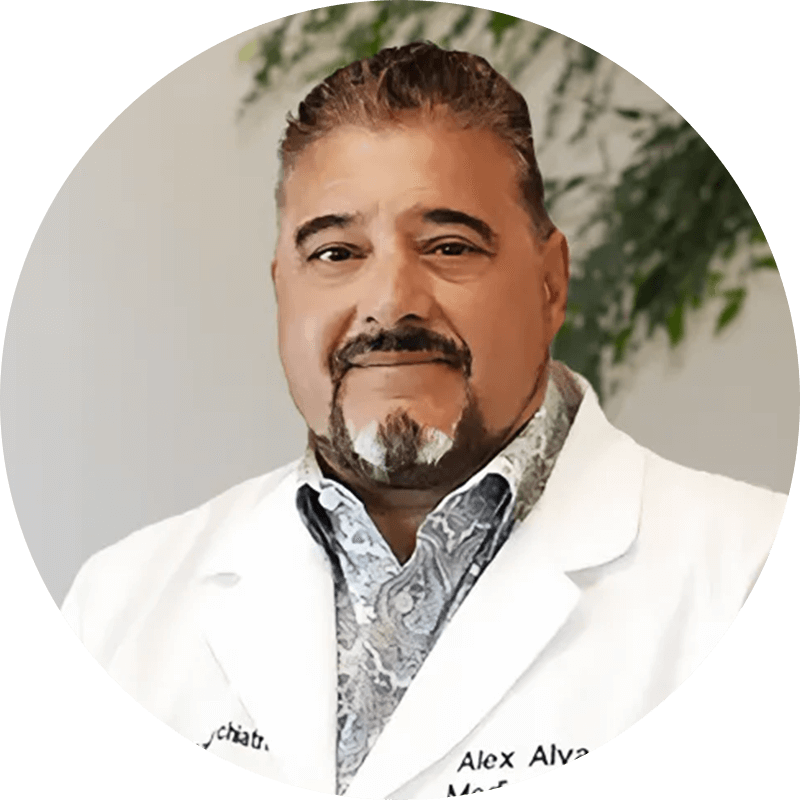A time comes when we must bring it to an end, when the most potent antidote no longer hides the pain, when the flight no longer outran the shame, and you finally ask yourself, “What is the way out of this?” When you are seeking the treatment of cocaine addiction, not a mere stop-gap, then, you are seeking a healing, a communal, a re-establishing process. We examine numerous avenues, such as detox and rehab centers, behavioral therapy, support groups, outpatient treatment, counseling services, and residential programs.
Rehabilitation and Recovery Options for Substance Use Disorders
The addiction to cocaine may be all-consuming, but the reality is that in order to recover, one is not restricted to a single road. Every cross-case is unique, and thus the most effective approach to treatment is one that aligns with the individual’s needs. The medical detox may be the first, or the behavioral therapy and the long-term support of recovery may be the last ways, which makes them as different as people who walk the paths. Some of the rehabilitation and recovery choices that can help address substance use disorders, including cocaine addiction, have been brought to the fore in the table below.
| Recovery Option | Description |
| Detox Programs | The first step in recovery is where the body safely clears drugs under medical supervision while managing withdrawal symptoms. |
| Residential Treatment | 24/7 care in a structured environment focused on therapy, counseling, and peer support for long-term stability. |
| Outpatient Programs | Flexible treatment allows individuals to attend therapy and counseling while maintaining work, school, or family responsibilities. |
| Behavioral Therapy | Evidence-based approaches like Cognitive Behavioral Therapy (CBT) help change thought patterns and coping behaviors related to drug use. |
| Support Groups | Peer-led meetings, such as 12-step or SMART Recovery, build accountability, connection, and encouragement. |
| Counseling Services | Individual, group, or family counseling to address emotional wounds, trauma, and the psychological roots of addiction. |
| Aftercare Programs | Continued guidance and relapse prevention strategies after initial treatment ensure long-term recovery success. |
Touchstone Recovery Center
Introduction to Rehab Centers and Their Importance
The rehab centers are the stepping-stone for many individuals who seek recovery. These facilities are either residential (residing on-site) or outpatient (visiting regularly as long as you live at home), and both aim to consist of structure, safety, community, and professional assistance.

In a rehab center, the basic things you are likely to come across are a medically supervised detoxification program, daily therapy sessions, a support group, relapse prevention planning, and after-care strategies. Since cocaine addiction in most cases is a co-occurring factor that is paired with trauma, mental health, or other substances, a good center will take into consideration all of those, not only the cocaine use.
It is essential to choose the right rehabilitation center. Pay attention to accreditation, staff qualifications, evidence-based practice, setting, post-discharge services, and how the center will assist you in becoming a functional member of the community again.
Detox Programs: Initial Steps Toward Recovery
The initial necessary step of the treatment of cocaine addiction is usually detoxification (detox). It is also the process of letting the body eliminate the drug, whilst treating the withdrawal processes and the normalization of physical health. Although the process of cocaine withdrawal is not as dangerous as that of other drugs, it may still lead to very strong psychological symptoms: anxiety, depression, irritability, fatigue, and strong cravings.
Detox programs can involve medical attention, supportive medications (insomnia-causing or mood disturbance, etc.), coping with the craving therapy, and instant transfer to an expanded recovery program. As the period of early abstinence is quite a weak period, it is crucial to be consistently supported within a secure environment.
A single statistic that is interesting to mention: meta-analyses of payment in treatments of cocaine use disorder revealed that the only category was that of psychosocial interventions, such as behavioral therapy and contingency management, that were significantly linked with the reduction of cocaine use. That highlights the importance of not detoxing, but with no follow-through, because it has to be followed up with care.
Role of Behavioral Therapy in Treating Substance Use Disorders
One of the pillars in the treatment of cocaine addiction is behavioral treatment. It not only implies talking, learning, changing, and practicing new ways of thinking and acting. This includes such methods as cognitive-behavioral therapy (CBT), contingency management (rewarding abstinence), motivational interviewing, and relapse-prevention.
As an illustration, the meta-analysis established that contingency management (i.e., awarding concrete rewards for a drug-free stay) was strongly correlated with positive results of cocaine use disorder. Behavioral treatment is also underlined by the NIDA in preventing the use of drugs by people, prolonging the duration taken to undergo treatment, and preventing the overall relapse.
Touchstone Recovery Center
Support Groups: Building Community and Accountability
Recovery does not necessarily involve walking alone. Support groups consist of an assortment of individuals who can see what you are experiencing both rationally and intuitively. Organizations such as 12-step, SMART Recovery, dual-diagnosis support, or cocaine-specific peer groups build connections, shared histories, accountability, and hope.
In a support group, you’ll find:
- They should have regular meetings in which you share with them what is going on, what you know, and where you have gotten stuck.
- Someone who walks the same path and is either sponsored or a peer mentor.
- Activities or actions you give yourself in between meetings.
- The feeling of an attachment and something to do other than the addiction.
The group is not only a nice add-on, but a lifeline, particularly at a time when there are cravings or triggers.
Outpatient Treatment: Balancing Life and Recovery
Not all of them are able (or required) to enter complete residential care. Outpatient treatment enables you to stay at home, continue to live with family, work and attend school, and visit scheduled treatment, including therapy, counseling, groups, and investigations of attention. It is a less disruptive, holistic model that fits most.
Outpatient therapy will be appropriate under the following conditions:
- You are stable and safe -housed.
- You do not need to be under 24-hour medical surveillance.
- You are eager, and you can be involved in therapy and support.
Counseling Services: Addressing Underlying Issues
The underlying causes of cocaine addiction are hidden in many cases: traumas, unresolved grief, psychological issues (anxiety, depression), failed relationships, work pressure, and identity fractures. counseling services do not pass judgment but rather explore underlying problems to comprehend and cure them.
Through counseling, this may involve:
- Personal therapy is when you discuss things individually with a trained counselor.
- Relationship repair through family therapy and the treatment of enabling or codependency.
- Shared experience group counseling and peer learning.
Residential Treatment Programs at Touchstone Recovery Center
In cases where cocaine addiction has already taken root, where everyday life has been taken captive, or other circumstances (mental issues, co-morbid substance use, unstable housing) are involved to complicate recovery, residential treatment is an option that is worth consideration. At Touchstone Recovery Center, residential treatment implies that you live there, are subjected to intensive treatment, are engaged in structured daily activities, join support groups, modalities of healing, and plan after-care. None of the methods are universal, but in the case of most human beings, a fresh beginning in residential treatment represents the beginning of the change they desire.
Contact us today.

Touchstone Recovery Center
FAQs
What types of rehab centers are available for cocaine addiction treatment, and how do they differ?
There are rehab centers, residential care (where one stays in the initial place 24/7), outpatient services (which visit home on a visit basis), and intensive outpatient or partial-hospitalization services. Their differences can be based on the degree of medical attention and intensity of treatment, price, time investment, and organization.
How do detox programs assist in the initial stages of cocaine addiction recovery?
Detox programs assist the body in eliminating the drug, dealing with the withdrawal symptoms, and stabilizing the health in a secure environment. They tend to move to the ongoing treatment – the premature abstinence is not wasted.
Why is behavioral therapy crucial in the treatment of cocaine addiction within recovery programs?
Behavioral therapy is used to make the patient aware and modify his or her thoughts, motivators, and behaviors perpetuating addiction. It also provides them with new skills to remain sober and prevent relapse due to a complete lack of the medication that is approved, specifically to be used in the case of cocaine use disorder.
How can support groups enhance recovery from cocaine addiction by fostering community and accountability?
The support groups comprise individuals who come together because of common experiences, peer support, hold each other accountable, and eliminate isolation. They turn the recovery into not just a lone effort but an experience.
What are the benefits of outpatient treatment for individuals recovering from cocaine addiction while maintaining daily responsibilities?
Outpatient treatment enables one to undergo counseling, treatment, and support as long as they remain at home and are able to maintain a connection to work, family, or school. It is flexible yet offers structured recovery support.






